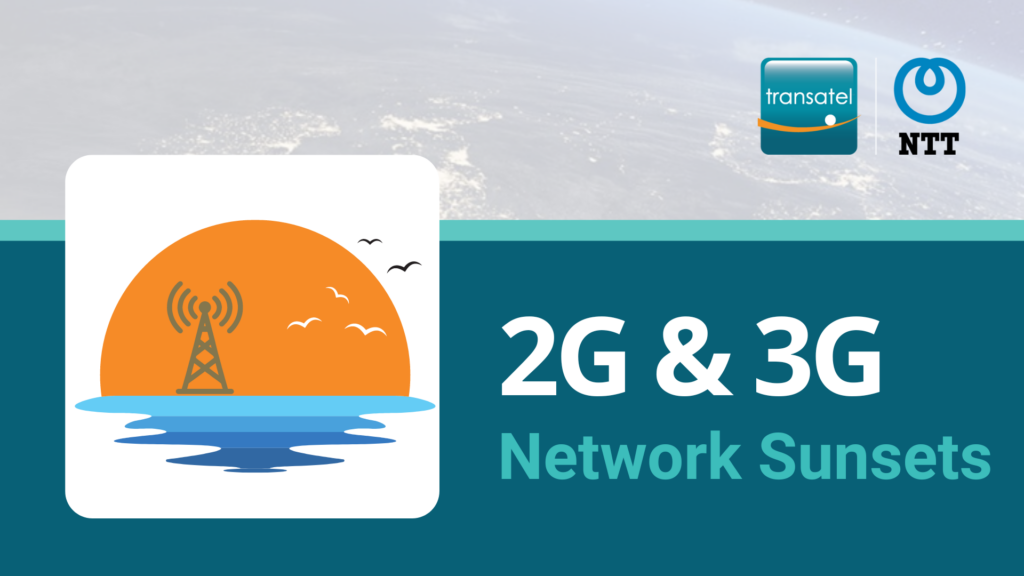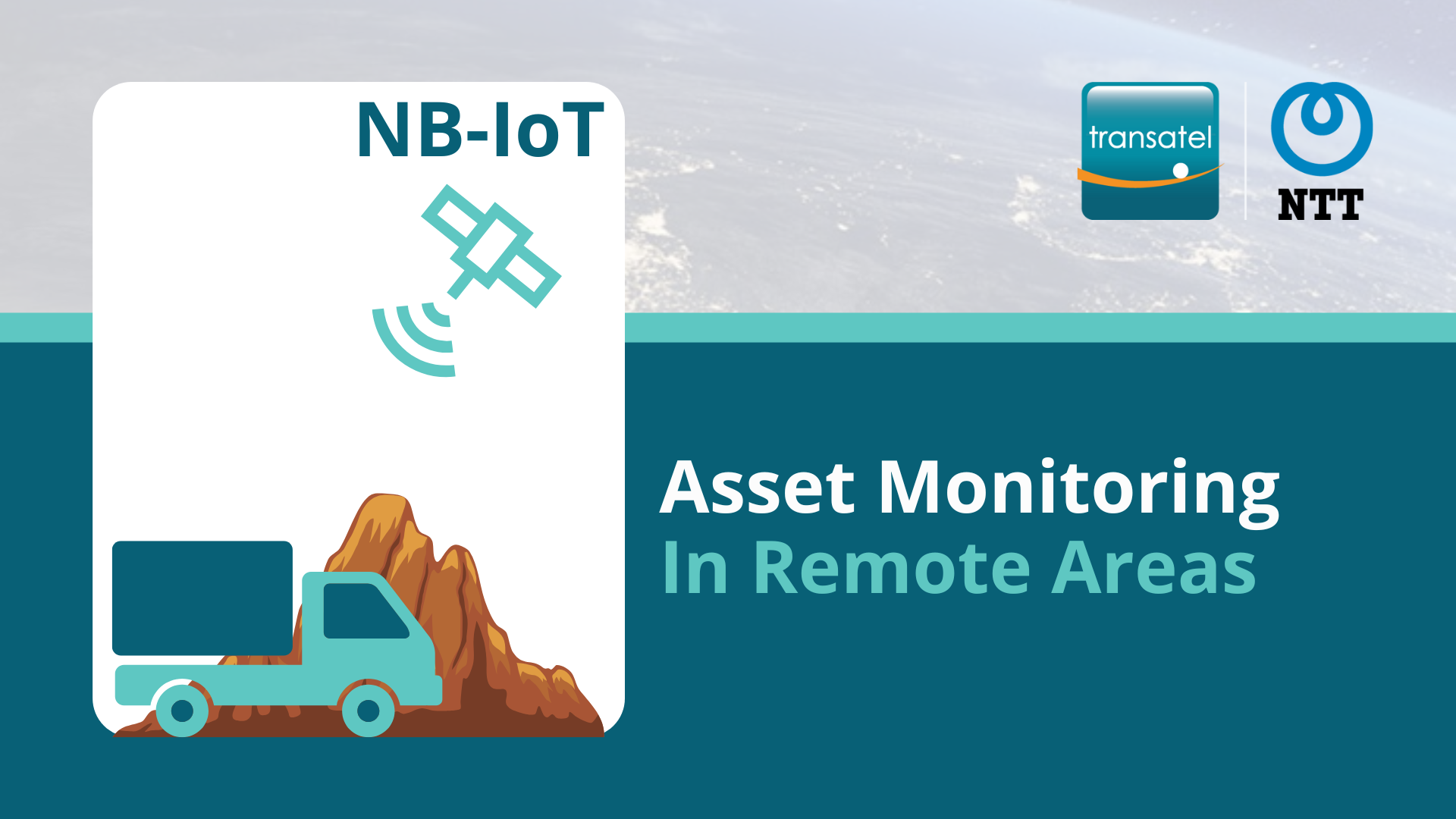
In the ever-evolving world of telecommunications, it’s becoming increasingly clear that 2G and 3G cellular networks are reaching their twilight years. As many partner operators phase out these older services and IoT solutions providers are sourcing newer technologies for their hardware, it’s essential to stay informed of these changes to understand how this evolution affects the broader communications landscape.
The Planned Sunset of 2G & 3G Services
Many Mobile Network Operators (MNOs) globally have started transitioning from older networks to newer, more efficient 4G and 5G technologies. This process, often referred to as a ‘network sunset’, signifies the end of a specific network type’s support. The shutdown of 2G and 3G services is not an abrupt, unplanned move but instead follows a well-defined sunset plan, which connectivity services providers should proactively share with their clients and partners.
Mobile network operators are eager to phase out 3G ahead of 2G, keeping voice communications over 2G alive for a longer period, while VoLTE support continues to grow. In contrast, market research from OMDIA projects that IoT service providers will halt procurement of 2G modules in 2023 and discontinue sourcing 3G modules in 2026, as per OMDIA’s Cellular IoT Market Tracker published in July 2023.
In other words, mobile network operators and IoT service providers are navigating divergent routes towards technological evolution. Spreading this crucial knowledge is essential for making a seamless transition.
Latest 2G and 3G Network Closure Announcements
Based on the June 2023 GSMA update, here are the most recent planned closure dates for 3G services:
- UK: H3G plans to shut down its 3G network by December 31, 2024
- Austria: T-Mobile Austria has set the date for its 3G network sunset for December 31, 2024
- France: SFR has set the date for its 2G closure as December 31, 2026, and 3G closure as December 31, 2028. Another operator, Bouygues announced its 2G closure on December 31, 2026, and 3G closure on December 31, 2029
- Brazil: Proximus announced that it will sunset 3G by January 2024
- Oman: Omantel will begin its 3G closure in July 2024
- Kuwait: Ooredoo Kuwait is in the process of closing its 3G network, which should end by Q3 2023.
- China: China Unicom will begin in early 2024 for both 2G and 3G
Networks Already Sunset
Numerous mobile carriers have already successfully phased out their 2G and 3G networks.
For 2G:
- Australia: Optus
- Brunei Darussalam: Unified National Networks
- Canada: Bell & Telus
- Colombia: Claro
- Hong Kong: Smartone & H3G
- India: Airtel & JIO
- Indonesia: XL
- Italy: Wind & Iliad
- Japan: KDDI & NTT Docomo
- Macau: H3G
- New Zealand: Spark
- Panama: Digicel
- Peru: Bitel (Viettel) & Entel
- Singapore: Starhub
- South Korea: SK Telecom
- Switzerland: Salt and Sunrise
- Taiwan: Chungwa
- UK: H3G
- Vietnam: Viettel
For 3G:
- Romania: Telekom Romania
- Czech Republic: O2
- Germany: T-Mobile & Vodafone
- India: Airtel & JIO
- Indonesia: Indosat & XL
- Lirhuania: Omnitel
- Japan: KDDI
- Malaysia: Maxis
- Netherlands: KPN
- Norway: Netcom
- Papua New Guinea: Bmobile Vodafone
- USA: T-Mobile
While the sunset of 2G and 3G services might raise concerns for some, it’s important to remember that this transition is part of the natural evolution of technology. The move towards more efficient technologies such as 4G and 5G networks, including LTE-M and NB-IoT and satellite-to-cellular, allows cellular data connectivity providers to provide better coverage, faster data speeds, and/or more reliable services as they turn off older technologies
Working with a connectivity provider that harnesses a broad spectrum of technologies and offers services through multiple mobile operators’ networks within each country offers a robust platform to adeptly navigate the ever-changing telecommunications environment. Such a partnership serves as an optimal safeguard, ensuring an uninterrupted connectivity service regardless of the evolution in network technologies.
Partner With The Best
Trusted by many global industry leaders like Airbus, BMW, and Worldline, Transatel enables seamless SIM deployments and international M2M fleet management.
Learn more about Transatel’s global IoT connectivity solution and get in touch today.





